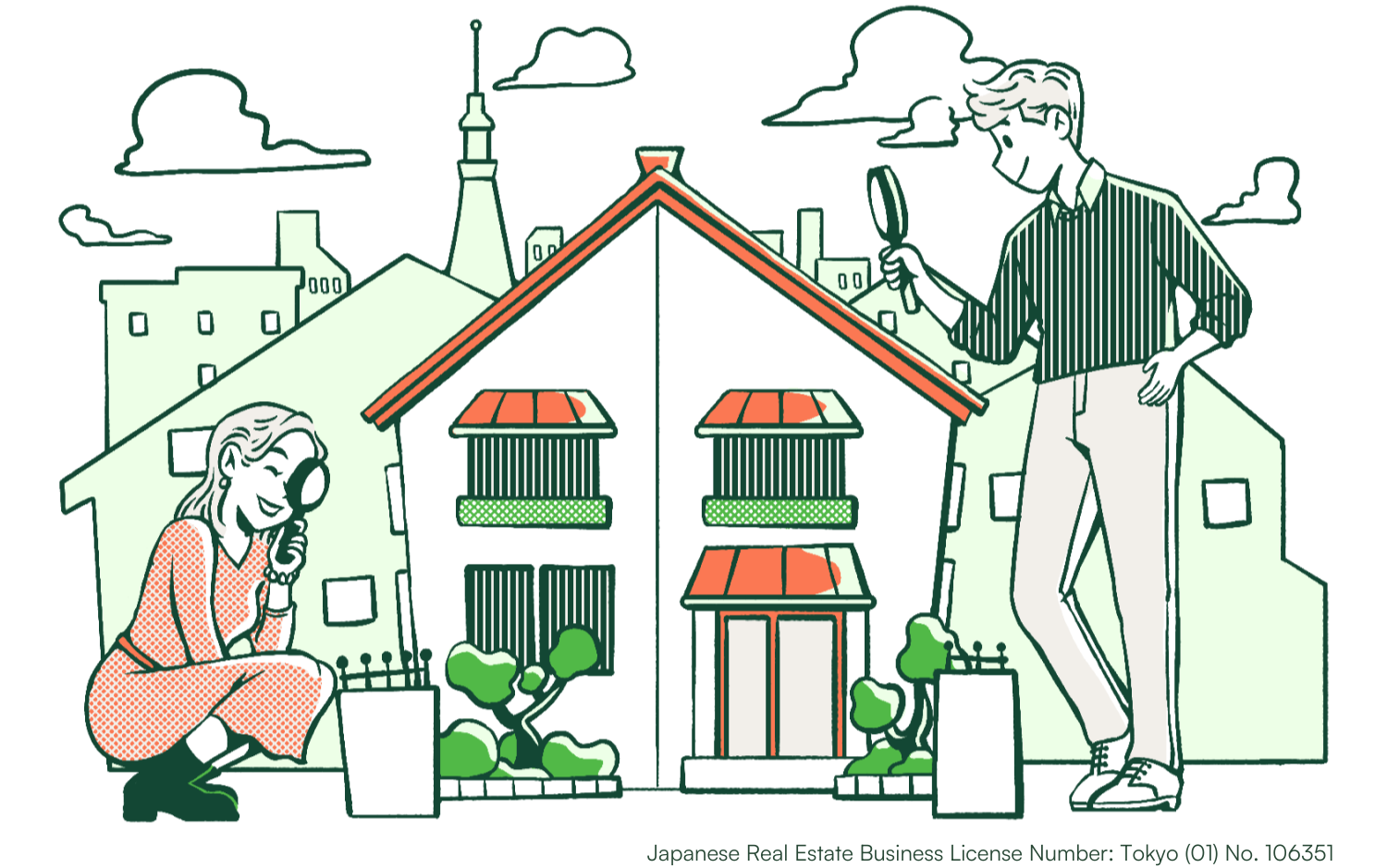
7 Key Criteria for a Good Investment in Japan's Real Estate Market
Investing in Japan's real estate market requires careful consideration of several key factors. This article outlines seven crucial criteria, including location, property condition, and rental demand, to help investors make smart, profitable decisions.
Table of Contents
Investing in Japan’s real estate market requires careful evaluation of various factors to ensure a sound financial decision. Japan’s property market is diverse, with opportunities ranging from traditional homes in rural areas to high-rise apartments in major cities. To identify what makes a solid investment, consider these seven key criteria that can influence a property’s long-term value and potential return:
The location of a property is a critical factor in determining its value. Properties in metropolitan areas with excellent transport links, services, and amenities tend to offer better potential for value appreciation and higher rental income. Dynamic cities like Tokyo and Osaka are some good examples. On the other hand, properties in remote or rural areas may have lower demand and economic prospects.
Different property types carry varying levels of risk and return. Older, poorly maintained properties may require costly renovations and struggle to attract buyers or tenants. In contrast, modern, well-located mixed-use properties can deliver higher rental returns and long-term growth, especially when equipped with earthquake-resistant features.
The physical condition of a property affects its investment potential. Well-maintained properties with sturdy foundations and modern systems (like plumbing and electricity) will usually attract more tenants and buyers. Conversely, properties needing significant repairs can drain resources and reduce overall profitability.
Properties with high rental potential provide steady income and lower vacancy rates. Properties with up-to-date amenities – such as modern appliances, fast internet, and convenient access to transportation and facilities – good layouts, and access to essential services are easier to rent out and keep vacancy rates low. Properties lacking these features may face challenges in attracting tenants.
5. Current Owner’s Circumstances
The current owner’s management and maintenance practices can provide insight into the property’s condition. Well-maintained properties with clear documentation and transparent communication from the owner are positive signs for potential investors. In contrast, an owner with financial instability or unclear selling motives can introduce risks.
The neighborhood influences both the property’s value and its rental appeal. Safe, well-maintained neighborhoods with good infrastructure, schools, and economic growth prospects are ideal for property investments since they are more likely to see value appreciation. In contrast, areas with high crime rates or declining amenities may be less attractive to investors and must be avoided.
Investing in areas with ongoing or planned development projects can enhance a property’s value. Improvements in infrastructure, transportation, and amenities increase the likelihood of long-term appreciation and stronger returns as development boosts demand.






